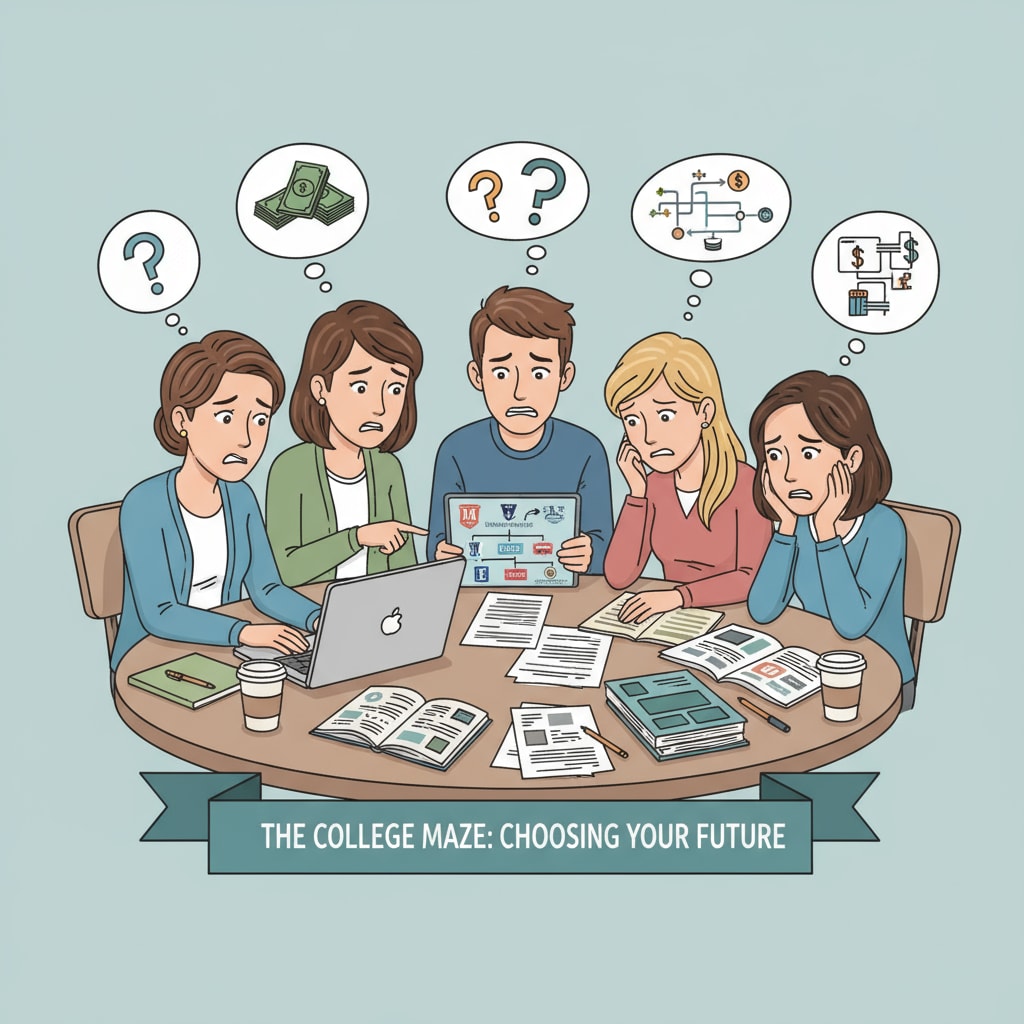Family support, higher education, and career choices are integral parts of a young person’s life journey. However, many K12 students find themselves in a difficult situation where their families do not understand or even oppose their choices regarding higher education. This can be a significant obstacle on the path to achieving their educational and career aspirations.

The Challenge of Unsupported Higher Education Choices
When family support is lacking, students may feel isolated and discouraged. They might face financial concerns, as family funding for higher education is often a crucial factor. For example, without family support, paying for tuition, textbooks, and accommodation can become a huge burden. According to National Center for Education Statistics, many students drop out of college due to financial difficulties.
Finding Resources Beyond the Family
In addition to family support, there are numerous external resources available. Students can look for scholarships and grants from various organizations. The government also offers financial aid programs that can help cover the costs of higher education. Moreover, libraries and online platforms provide access to educational materials and career guidance resources. For instance, Career OneStop offers comprehensive career information and resources.

Building a support network is essential. Friends, teachers, and mentors can offer emotional support and practical advice. Joining study groups or clubs related to one’s field of interest can also provide a sense of community and connection. These people can share experiences and offer different perspectives on higher education and career choices.
Effective communication is the key to resolving differences. Students should have open and honest conversations with their families, explaining their passions, goals, and long-term plans. By showing determination and a well-thought-out plan, they may be able to change their family’s perspective over time.
Readability guidance: The article uses short paragraphs to make it easier to read. Each H2 section has relevant information and a list when appropriate. The passive语态 is used sparingly, and transition words like “however”, “in addition”, and “for example” are added to make the flow more natural.


